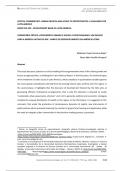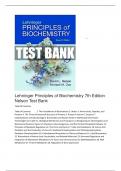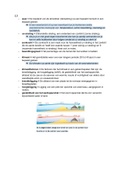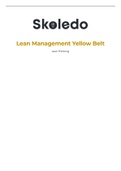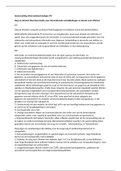Examen
CRITICAL COMMENTARY: URBAN GROWTH AND ACCESS TO OPPORTUNITIES: A CHALLENGE FOR LATIN AMERICA
- Cours
- Établissement
CRITICAL COMMENTARY: URBAN GROWTH AND ACCESS TO OPPORTUNITIES: A CHALLENGE FOR LATIN AMERICA FROM THE ADC - DEVELOPMENT BANK OF LATIN AMERICA COMENTÁRIO CRÍTICO: CRESCIMENTO URBANO E ACESSO A OPORTUNIDADES: UM DESAFIO PARA A AMÉRICA LATINA DO ADC - BANCO DE DESENVOLVIMENTO DA AMÉRICA LA...
[Montrer plus]
